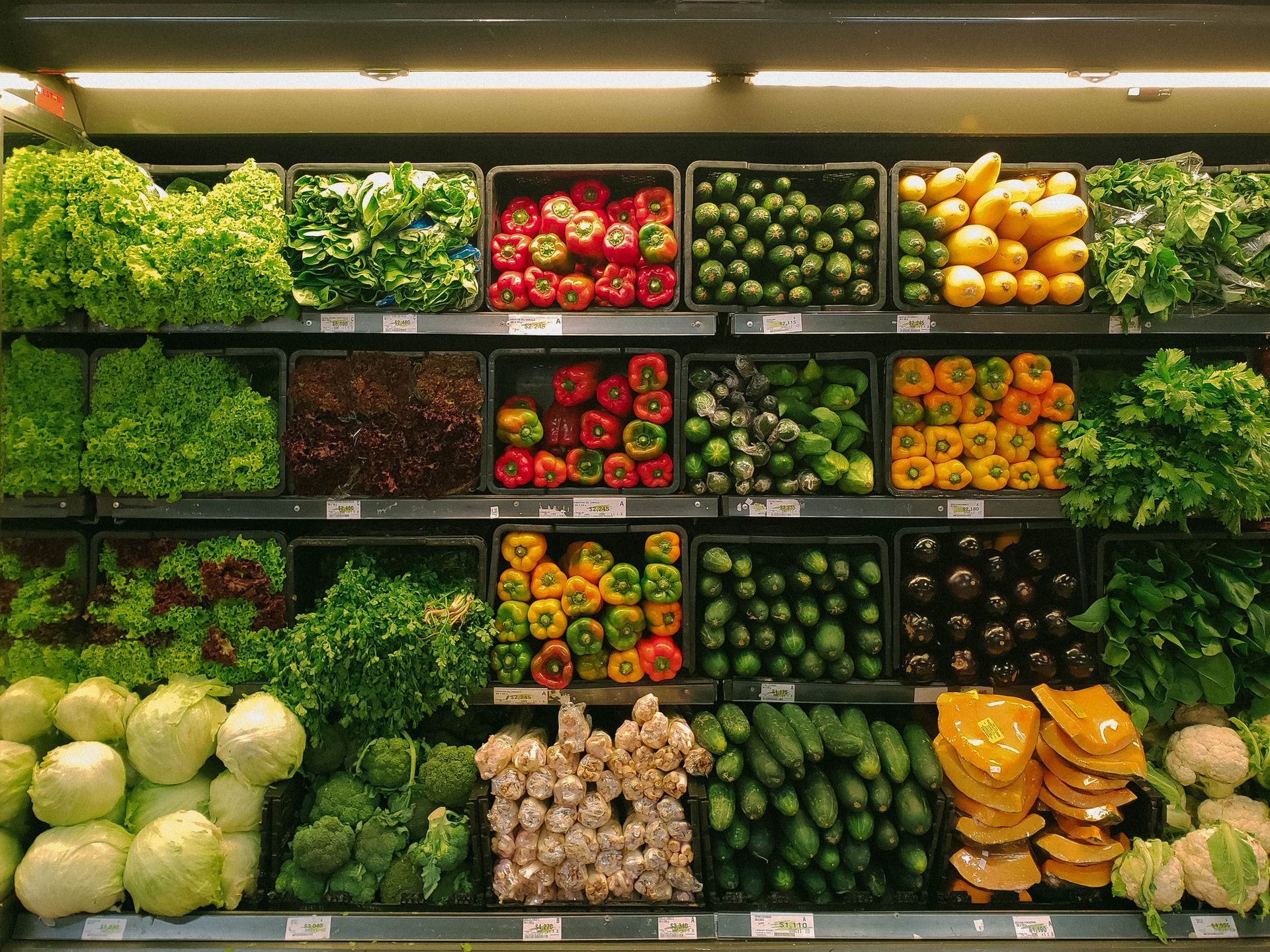SPAIN TO BAN PLASTIC WRAPPING FOR FRUIT AND VEG IN 2023
The sale of fruit and vegetables in plastic wrapping will be prohibited in Spain’s supermarkets and grocery stores starting in 2023. This is one of the measures in a decree being drafted by the Ministry for Ecological Transition, according to sources familiar with the initiative and reported by El País. The new regulation also contains measures to encourage the purchase of loose, unpackaged produce and use of non-bottled water. The ban on fruit and vegetable packaging will apply to produce weighing under 1.5 kilograms, following similar legislation in France, where it will go into effect next year.
THE LEGISLATION ALSO AIMS TO MAKE ALL PACKAGING RECYCLABLE BY 2030
Spain is banning the sale of fruit and vegetables in plastic wrapping in supermarkets and grocery stores from 2023, when new measures will also be implemented to encourage shoppers to purchase non-plastic bottled water.
The Ministry for Ecological Transition has drafted new regulations that will ban the sale of fruit and vegetables weighing under 1.5kg when packaged in plastic, in a step that aims to encourage shoppers to buy unpackaged produce.
The regulations will also encourage shoppers to buy non-bottled water.
Spain has been behind other countries in recent years in its reduction of use of plastic packaging and is now keen to press ahead to change the mindset of shoppers and incorporate European Union rules into the new framework. The new regulations will follow similar legislation in France that is due to be effective from next year.
The ministry disclosed startling statistics about the current situation, stating that Spain generates 1.6 million tonnes of waste from plastic packaging each year, with less than half of this amount recycled.
THE GOAL IS TO MAKE ALL PACKAGING 100% RECYCLABLE BY 2030
In addition to the above, the goal will be to make all packaging 100% recyclable by 2030 along with reducing the number of plastic bottles being sold by half.
In a document sent by the ministry to NGOs (Non-Governmental Organisations), the objective is to promote the reuse of alternative containers such as those made from harder plastic or glass bottles that can be used several times.
In the case of hotels, restaurants and cafeterias, it is proposed that 50% of the packaging sold in 2025 be reusable.
In 2030 it should reach 60%.
In the case of beers, 80% is set in 2025 and 90% in 2030.
And for soft drinks, the goals are 70% and 80% respectively.
In the case of sales for home consumption, the targets are much less ambitious: 10% of beverage packaging in general in 2025 and 20% in 2030.
The decree also includes the obligation for administrations to install drinking fountains within public spaces in a bid to further reduce the sale of plastic bottles, as well as rolling back “the distribution of single-use drinking cups” at public events, beginning in 2023, according to the information shared with NGOs.
CONSUMERS SHOULD BUY FOOD INCLUDING FRUITS AND VEG IN BULK TO AVOID UNNECESSARY PLASTIC PACKAGING
The new decree is also in line with recommendations made in the first ever review of the scientific literature on marine litter in Spain, published in Marine Pollution Bulletin this month.
The paper found microplastic contamination along the entire Spanish coast, and outlined steps that international and local governments, businesses and individuals could take to reduce plastic waste.
"In our opinion, the solution goes beyond measures such as recycling or reuse, and unquestionably involves limiting the use of plastics, mainly single-use plastics, and also drastically reducing their production globally," the study authors wrote.
They said that consumers should buy food including fruits and vegetables in bulk to avoid unnecessary plastic packaging.
Original article from BrightVibes.
